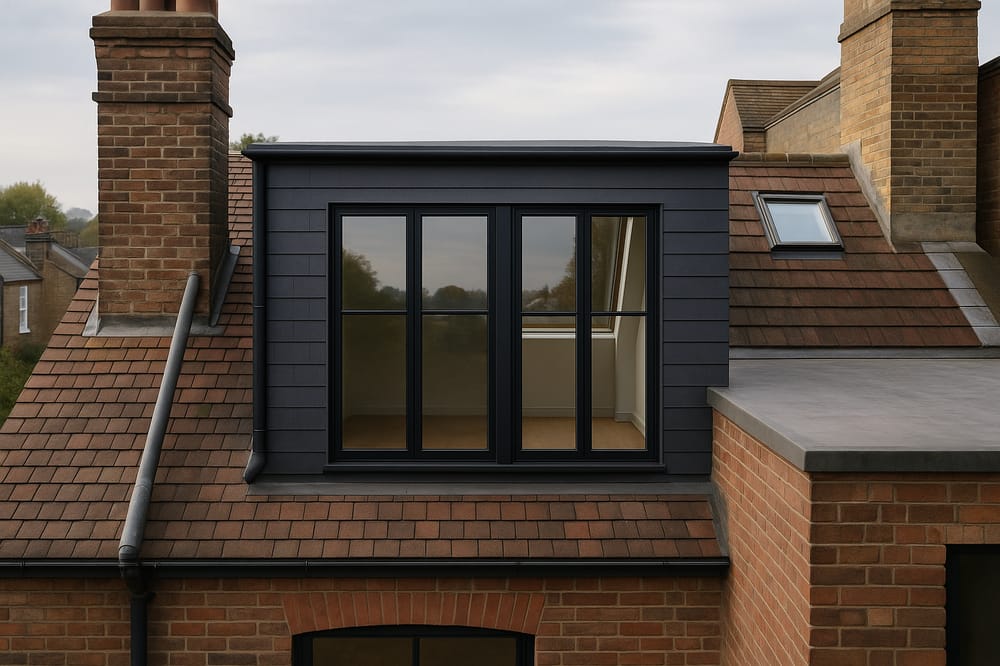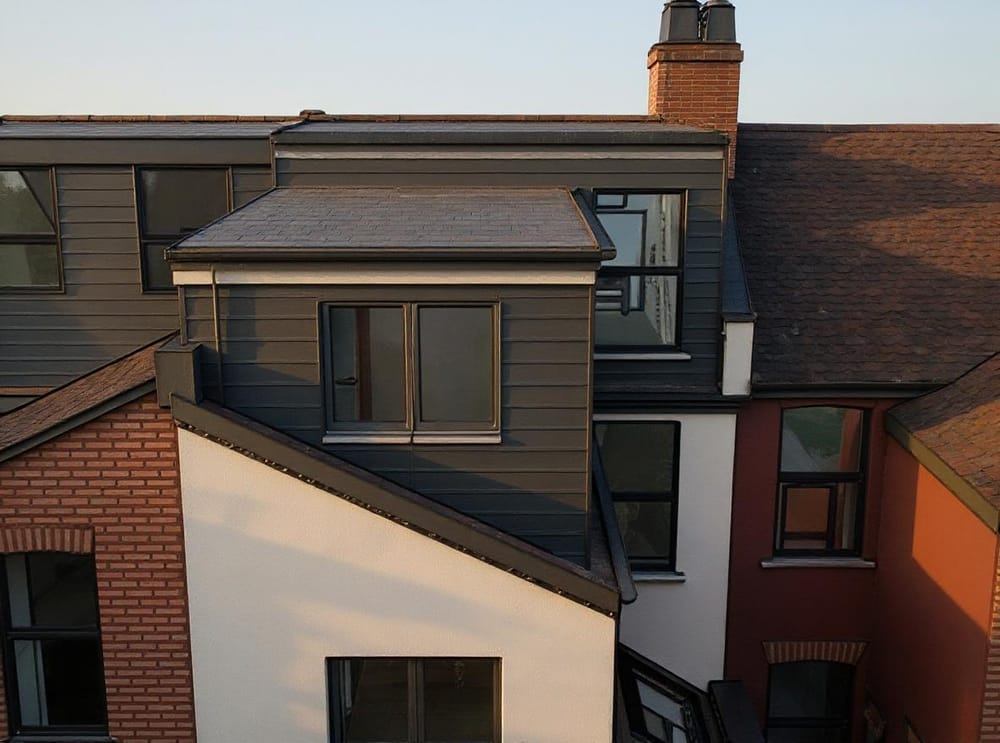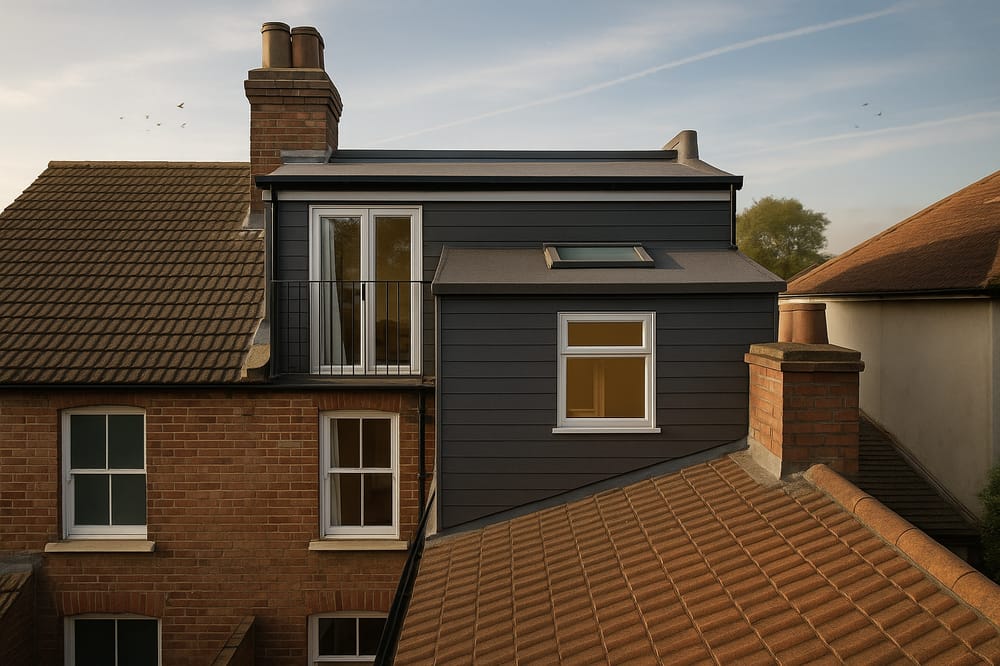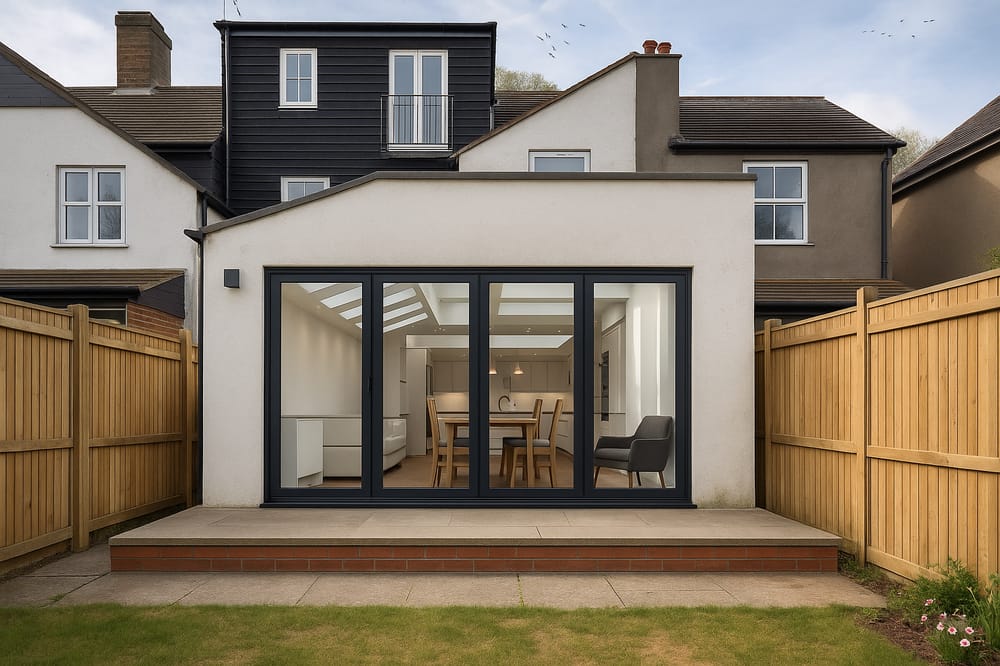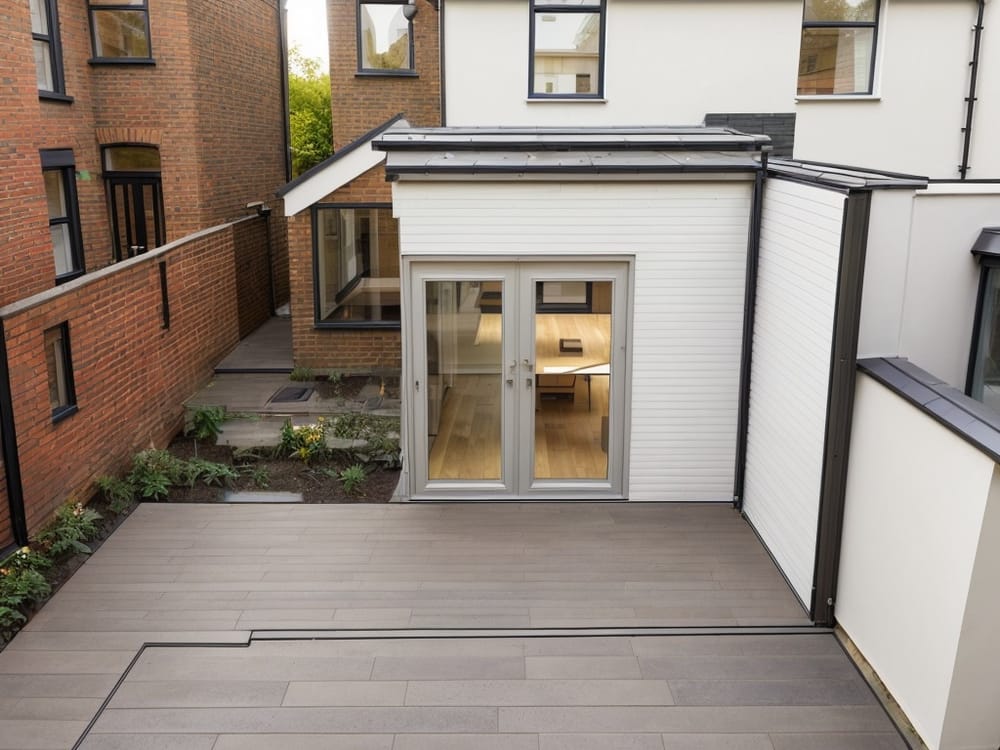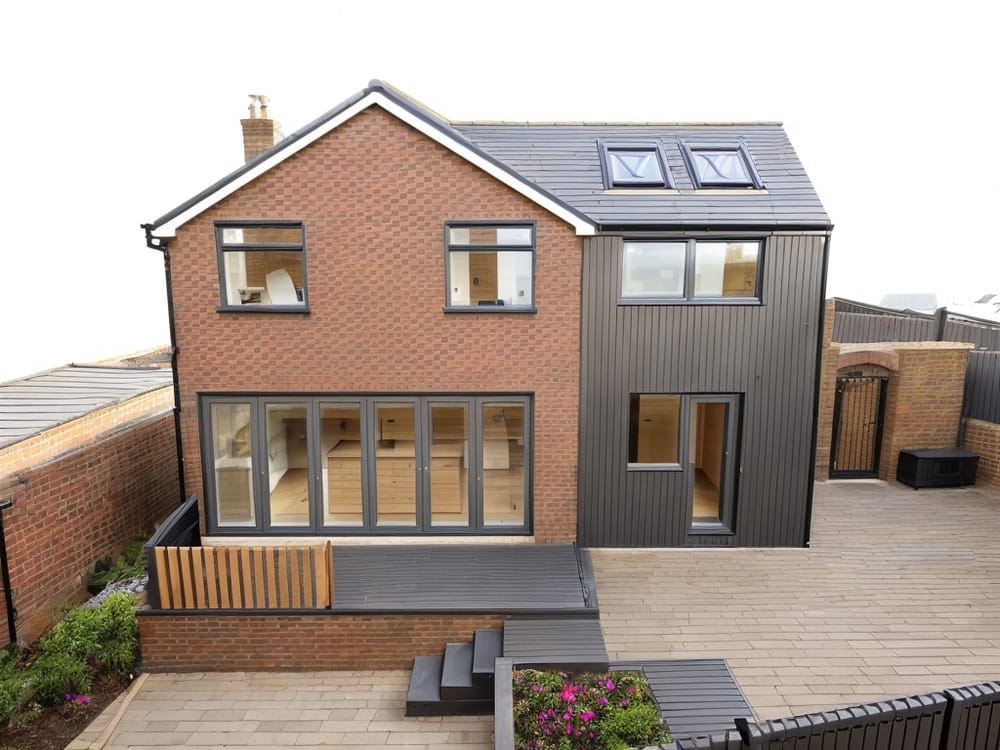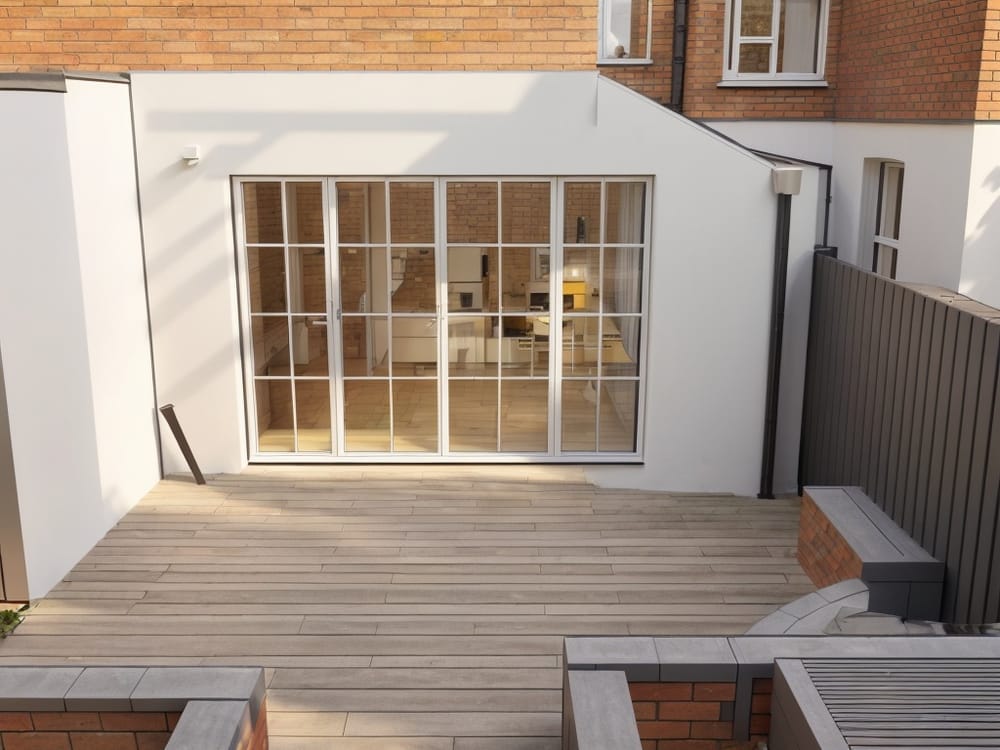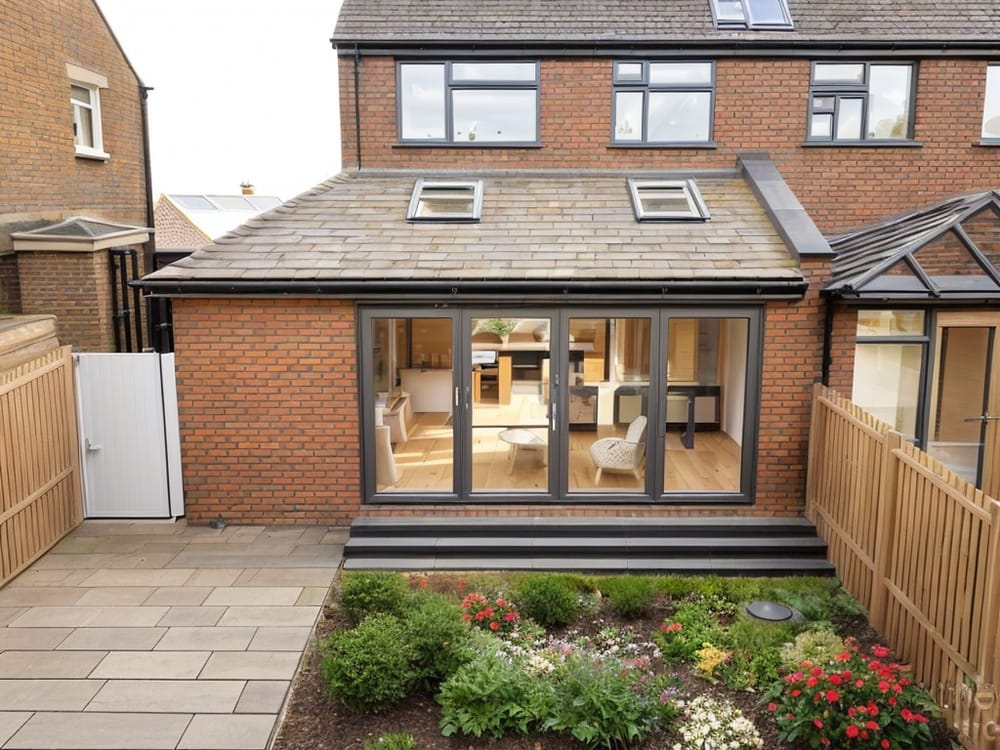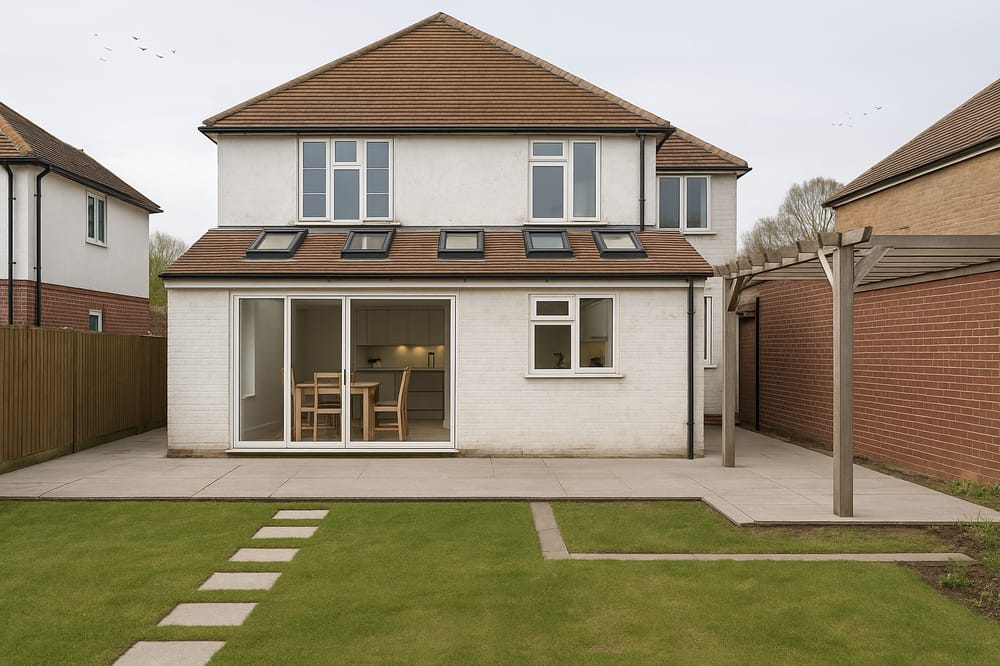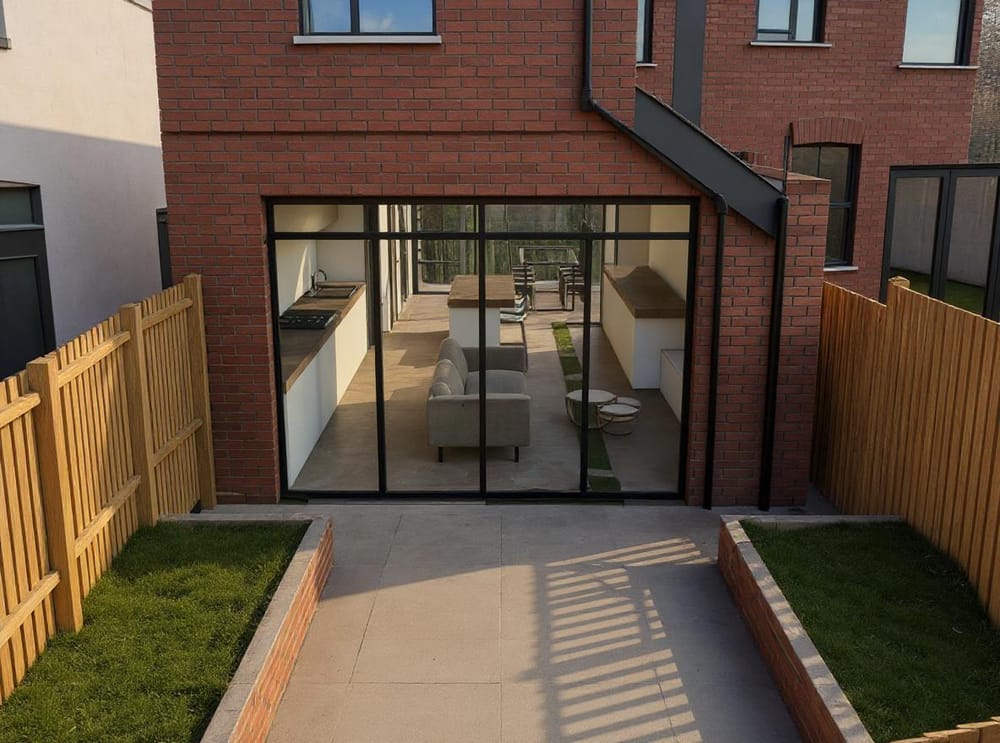The home horror stories, we’ve all heard at least one. The couple who picked a dodgy builder, the family who ended up in a war with their neighbour. If you’re looking to transform your own home, you might be wondering how you avoid your project becoming a cautionary tale.
Having over 1500 success stories under our belts, we’re experts in knowing what mistakes homeowners stumble towards again and again, and (most importantly) how to avoid them. Here’s what you should look out for…
Underestimating time needed
It’s a classic situation, having watched three series of Grand Designs, someone decides they want to extend the rear of their house and get their kitchen ready for summer BBQ sessions. The only problem? They’re starting in May.
Projects such as extensions or loft conversions don’t just happen overnight. In fact, the average project takes somewhere between 8-9 months to complete. Before you dive in, it’s good to go in with your eyes open to the timings involved.
Learn more about project timelines.
Underestimating budget requirements
Next to underestimating time, is underestimating the costs involved.
Sure, you overheard a neighbour bragging about the conservatory his builder did for £5,000, but that’s unlikely to be the full picture.
- Planning fees
- Building regulations
- Party walls
- Materials
- Contractors
- Subcontractors
- Architect
- Structural engineers
- Surveyors
These are just some of the costs you’ll face, and some of them (even with the most budget friendly company) don’t come cheap. Building regulations alone, with all the professionals required, can cost up to £2000-4000 for a small project and £3000 - 5000 for a large.
Learn more about the cost of extensions.
Not understand their financing options
Sometimes, when confronted with the actual price of an extension, some homeowners throw in the towel.
While it’s good to be sensible with your money, it’s worth remembering that very few people can make big home changes with just their savings alone. There are plenty of finance options out there, with many tailored specifically to home improvement.
Learn more about finance options.
Skipping an architect
In an effort to cut down costs, a lot of homeowners choose to go without an architect. Either they do their own drawings or they use what’s known as a ‘design and build’ company.
While it’s not illegal to have someone else put together your plans, it’s a risk.
Architects train for years before they become qualified and have a unique insight into both design and policy. By not getting an architect on board, you might save a few hundred, but you could lose thousands in potential home value, space solutions, and planning delays. All avoidable with an expert by your side.
Learn more about the benefits of an architect.
Not getting a lawful development certificate
Speaking of planning, did you know not all homes require planning permission?
If your home qualifies, you could use your permitted development rights to extend your home without the subjective decision making of your local council. However, just because you won’t need planning permission, doesn’t mean you don’t need documentation.
A common mistake homeowners make is that because they’re not using an architect, they go straight to construction. This is a risk because, should the designs break just one permitted development rule, you could face not only fines, but the potential demolition of your home.
That’s why you need a lawful development certificate.
Learn more about protecting your home.
Dealing with the local authority directly
Another common planning mistake is doing the process yourself.
Unless you’re a developer, it’s unlikely you’ve taken on a project before, meaning you’ll be dealing with planning officers for the first time. This lack of experience means your more prone to paperwork mistakes, and you lack that personal relationship a seasoned expert will have with the council.
Having an architect manage your application means your more likely to secure that desirable first time approval.
Learn more about planning permission.
Forgetting about building regulations
While planning can be avoided, any significant project will require a building regulations package to be produced - something many homeowners don’t know until the time comes.
If undertaking any of the following, you’ll need to secure approval beforehand:
- Erecting a new building or extension
- Any project that alters structural elements, fire safety, or access to parts of your property
- Any project that will involve adding insulation to cavity wall
- Any project that changes the thermal performance, energy status or performance of a building
Learn more about building regulations.
Skipping a CCTV survey
Unless legally required by your building regulations package, you might be tempted to skip undertaking a CCTV survey. However, unless you’ve had one in recent years, we highly recommend getting the health of your drains checked.
CCTV surveyors get their name from the camera system they use to go through your pipes to check for damages or blockages. They’re great for foreseeing any potential issues, and can save you thousands in damages by recommending repairs ahead of time.
Learn more about CCTV surveyors.
Getting on their neighbour’s bad side
A bad feud with a neighbour can at best slow down a project, and at worst put it on hold indefinitely. Why? Because if you share a wall, boundary, or outhouse with another property, that is known as a party wall, which comes with its own legal requirements.
Before you go ahead with construction, you’ll need written consent from the other affect household to start. If you’re not on good terms, this can be tricky.
Learn more about party wall matters.
Putting out a bad tendering document
Tendering is where you put your plans out to potential contractors in order for them to send a quote for your services and the required materials.
At this stage, many people make two mistakes: one, they only approach one contractor (we recommend at least three) and two, they send out a vague tendering package.
In most cases, poorly defined tender packages are sent early on, before the building regulations stage is complete, in order to snatch up a contractor soon, rather than later. The problem with this is, without the technical drawings produced in the building regulations stage, a contractor won’t be able to give an accurate quote for their services. This means you’ll bind yourself to one company, expect a certain fee, only to be hit with extra charges throughout the build.
Learn more about tendering.
Want to help your project avoid common mistakes? Don’t worry, we offer free consultations for this very reason. Get expert advice early on by simply booking in a time with our team. Having completed over 1500 projects nationwide, we know how to keep your home transformation on track!


